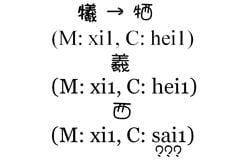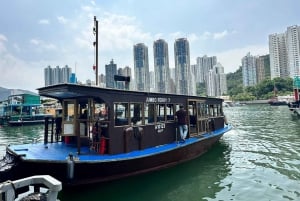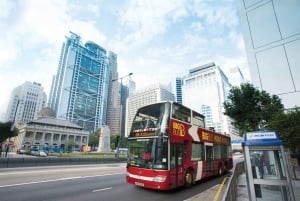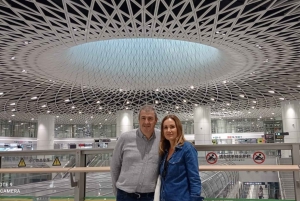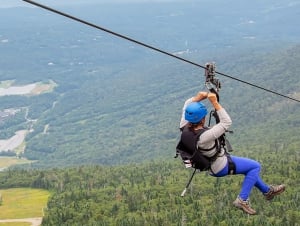Cantonese Self-Learn
While you may think that Hong Kong is dominated only by Chinese speaking natives, fret not because although Cantonese/Chinese is the native language of Hong Kong, English is also considered an official language. Government officers, legal practitioners as well as people in the business sectors are the ones who formally use the English language.
Signs displaying both Chinese and English are also common throughout the territory. An increase in the number of immigrants from mainland China has also brought an increasing number of Mandarin speakers to Hong Kong.
Here are some commonly used words translated in Cantonese:
| Good Morning. | 早晨 | Jo sun |
| Good Afternoon. | 午安 | ńgh ōn |
| Good Evening. | 晚安 | máahn ōn |
| Hello. | 你好 | Néih hóu |
| What is your name? | 你叫乜嘢名呀? | Néih giu māt'yéh mèhng a? |
| My name is ______. | 我個名叫______. | Ngóh go mèhng giu ______ . |
| Nice to meet you. | 幸會. | Hahng'wúih. |
| How are you? | 你好嗎 | Lei ho ma? |
| I’m fine. | 我好好 | Or ho ho |
| Thank you. | 多謝 | Dor tse |
| You’re welcome. | 唔使客氣. | M̀h'sái haak-hei. |
| How much is this? | 幾多錢 | Gei dor tsin? |
| Cheaper please | 平d 啦 | Paang d la |
|
Excuse me. | 吾該 請問 失陪 | Mmm goi (to get past) Chéngmahn (to get attention) Sàtpùih (used when leaving for a while) |
| Sorry. | 對唔住. | Deui-m̀h-jyuh |
| Have you eaten? | 食左飯未 | Sik jor farn mei? |
| Show me my bill. | 埋單 | Mai darn |
| How do I get to ____? | 我可以點去_____呀? | Ngóh hó'yi dím heui _____ a? |
| Take me to _____, please. (taxi) | 載我去_____, 唔該. | Joi ngóh heui _____, m̀h'gōi. |
| Do you speak English? | 你識唔識講英文呀? | Neih sīkm̀hsīk góng yìngmán a? |
| I don’t speak Cantonese. | 我唔識講廣東話 | Ngóh m̀hsìk góng gwóngdùngwá |
| Please speak more slowly. | 請你講慢啲 | Chéng néih góng maahn di |
| Help! | 救命呀! | Gau mehng a! |
| Can I have your address? | 可以講你個地址我知嗎? | hóyíh góng néih go deihjí ngóh jì ma |
| This is my phone number. | 呢個喺我嘅電話號碼 | nīgo haih ngóh ge dihnwá houhmáh |
| Goodbye. | 再見 | Joigin ("bye-bye" is often used instead) |


